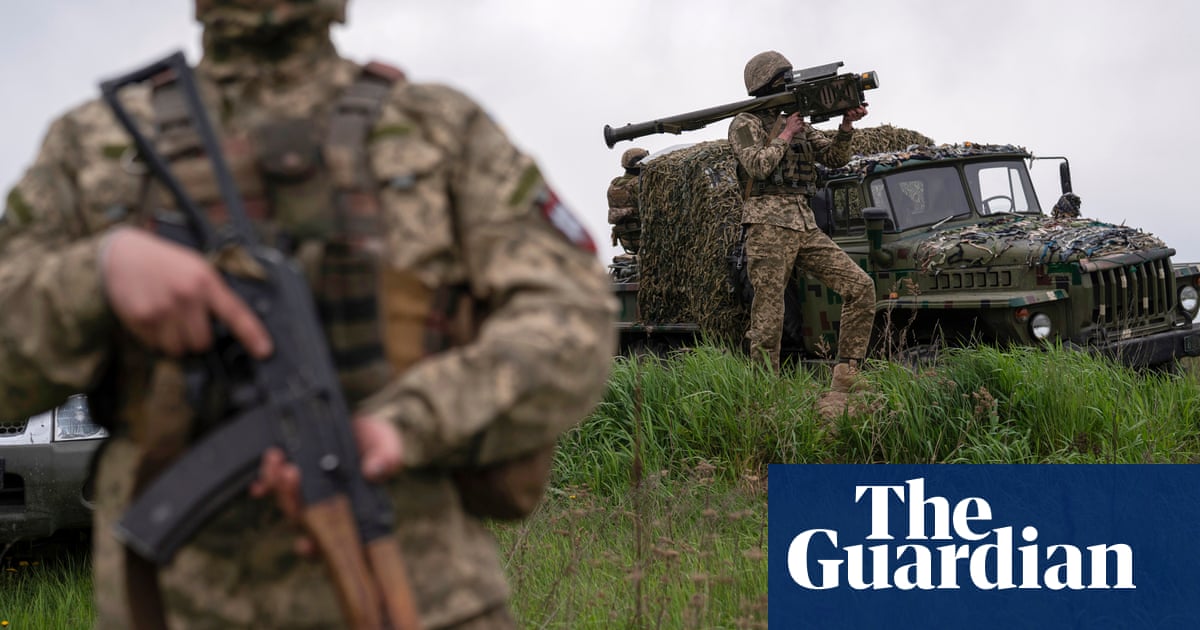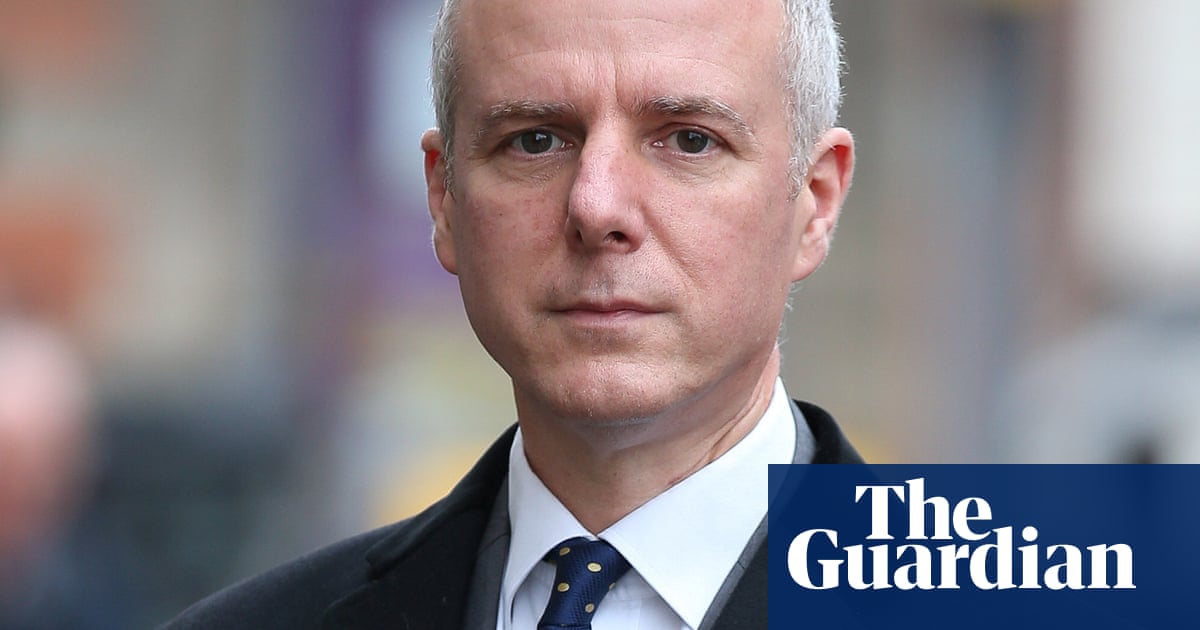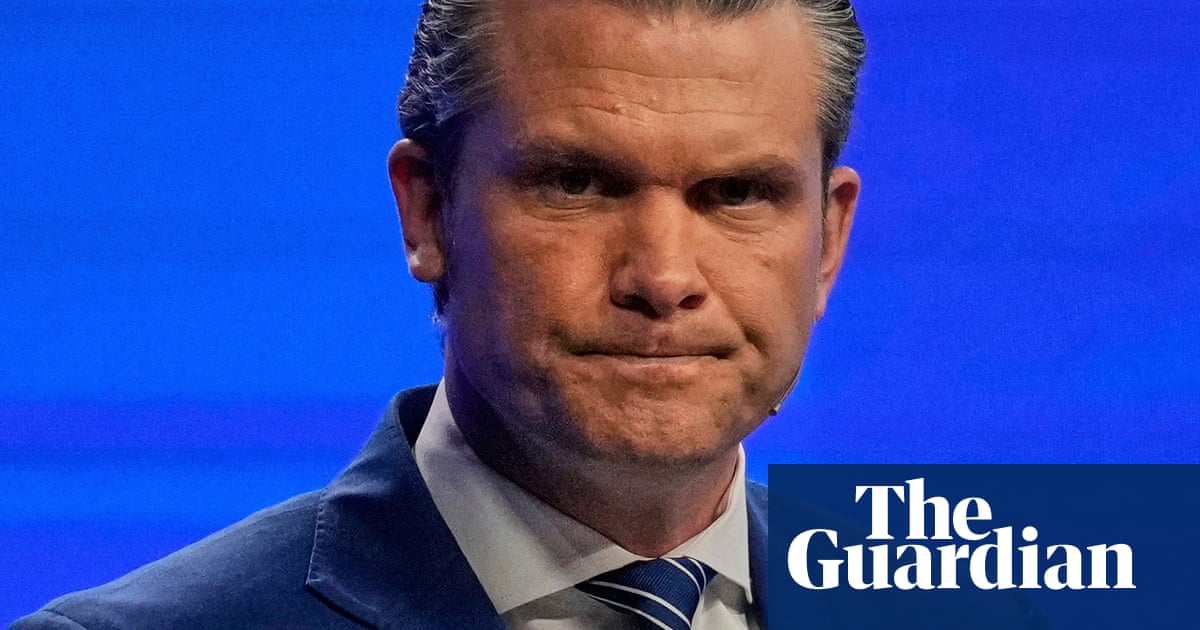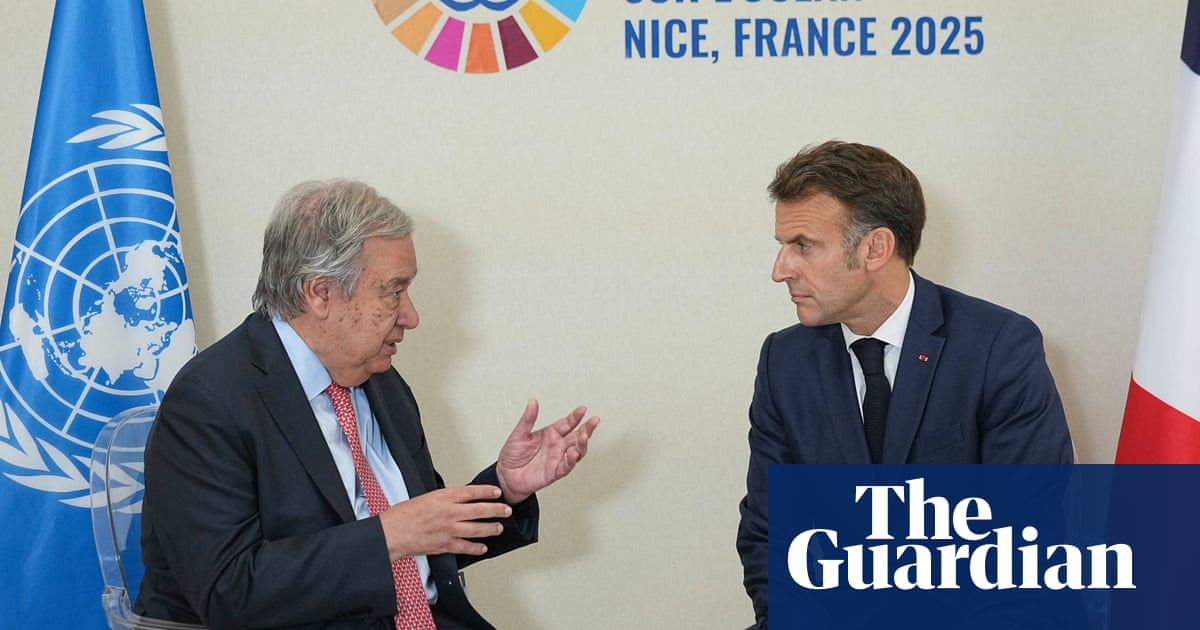A day out from what is a must-win game for both Afghanistan and England, Jonathan Trott, head coach of the former, addressed the issue that is impossible to ignore during this Champions Trophy. The Taliban continues its brutal clampdown on women’s rights back in Afghanistan and Trott outlined the position his players find themselves in.
“They know the difference between right and wrong,” said Trott, drawing a distinction between a team that play their cricket in exile under the previous Afghan flag and the regime at home. “They are under no illusions about where they have come from and they’re very courageous. You see that in their cricket and that’s the one thing I’ve not tried to change at all. They know who they are playing for and representing.”
It is not the first time England have met Afghanistan since western forces withdrew from the country in 2021, creating a power vacuum into which the Taliban returned. In the most recent, during the 2023 World Cup, Jos Buttler’s men were spun out for a 69-run humbling in Delhi. Rashid Khan and Mohammad Nabi, who have since publicly denounced the country’s ban on medical education for women, were the match‑winners.
As things worsen in the country, as basic human rights for women and girls continue to be stripped away, calls for cricket to expel Afghanistan have grown. After all, the Afghanistan Cricket Board (ACB) enjoys the perks of being a full member of the International Cricket Council (ICC) but is also barred from making any provision for the women’s game by the Taliban.
Back in the UK, this culminated in nearly 200 MPs, led by Labour’s Tonia Antoniazzi, writing to the England and Wales Cricket Board on 7 January to ask it to consider boycotting this Champions Trophy fixture. The ECB resisted, citing the need for collective action.
They were backed by the British government, which called on the ICC to enforce its own rules. But due to the geopolitics at play here, the notion of the sport penalising the ACB appears to be a depressing nonstarter. On Tuesday afternoon, on the eve of the Champions Trophy match, protestors were due to gather at Lord’s in the face of the inaction.
Just a day after that letter was sent to the ECB a far more significant development took place in Dubai when India’s foreign minister, Vikram Misri, met with his Afghan equivalent, Amir Khan Muttaqi, for talks; the first tentative discussions in what, according to recent reports, could soon mean a Taliban-run Afghan embassy restored in New Delhi. India, with China hovering, is looking to deepen its influence in the region.
Those talks reportedly revolved around humanitarian assistance and future development projects, as war-torn Afghanistan attempts to rebuild its infrastructure. But “ways to strengthen cooperation in sports, particularly cricket” were also on the agenda. Along with some recent, awkward photo opportunities with the team, this rather undermines the notion that the Taliban cares little about its men’s national team.

The ICC’s position ultimately depends on that of India. As the cameras kept reminding us when panning to the VIP box during India’s win against Pakistan in Dubai on Sunday, the ICC’s notionally independent chair is Jay Shah, son of India’s home minister, Amit Shah. He took the role in December, fresh from six years running a board that is heavily intertwined with the ruling Bharatiya Janata Party by way of personnel and outlook.
One of the things said about the ACB during all this – including by the British prime minister, Sir Keir Starmer – is that by not running a women’s programme, it is in breach of its obligations as an ICC full member. The ECB is understood to have sought clarification from the ICC’s legal team, with sources suggesting the issue has exposed more of a grey area in governance than may appear from the outside.
The ICC’s criteria do state that in order to become a full member, a country must have an established women’s cricket programme, with the ACB granted dispensation to step up in 2017 on the proviso it would address this shortcoming in time.
But now it is part of the club – and unlike for those countries with associate status – sources suggest there is no mechanism by which this can be monitored, or any action taken.
after newsletter promotion
As two of the boards to suspend bilateral fixtures against Afghanistan, the ECB and Cricket Australia are also lobbying to see a portion of Afghan’s ICC disbursements – worth $17m (£13.4m) per year overall – moved into an escrow account until such time as the situation in the country improves. It would still be the ACB’s money, just on hold.
Another proposal is to divert part of the ICC’s development fund towards the women’s players who fled the country – the majority to Australia – and train female coaches and administrators. The ECB, when confirming this week’s match would go ahead, also called for the ICC to consider recognising an Afghanistan Women’s Refugee Team.
But so far, beyond CA’s support of the Afghan women who made it to Australia and the ECB donating £100,000 to a refugee cricketer fund set up by the MCC Foundation, the situation appears to be going nowhere. These are small steps. Indeed, only last year, when Shah was chair of the Asian Cricket Council that distributes revenues from the biennial Asia Cup, Afghanistan’s split of that particular pot was increased.
Given the men’s team is based in the United Arab Emirates – Trott has never set foot in Afghanistan – one of the arguments put forward by their allies at the top table is that their cost base is already extraordinarily high. The cynics in the room also suspect there are full members who do not want scrutiny of their own women’s affairs; that to penalise Afghanistan would be to set what they view as a dangerous precedent.
“Every time we play the Afghanistan men’s team this issue will keep coming up,” said Richard Gould, the ECB chief executive who is currently in Lahore. “And that has got to be better than the alternative, where they are pushed out, cricket dies a death in Afghanistan, and we never have to worry about it again because it’s not in our field.”
From playing in refugee camps to competing with the world’s best, the rise of Afghanistan’s men is one of cricket’s great stories. But right now, with half of its population barred from doing the same, the sport’s shortcomings are being exposed.

 3 months ago
51
3 months ago
51

















































